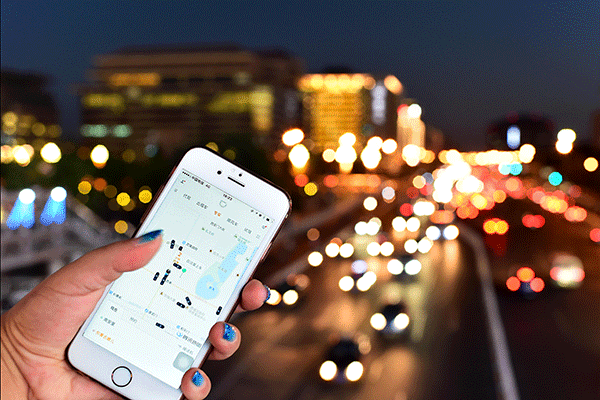 |
|
Two major Chinese cities Beijing and Shanghai have released draft rules on car-hailing services to solicit public opinion. [Photo/Xinhua] |
The governments in Beijing, Shanghai, Guangzhou, and Shenzhen released draft rules on car-hailing services on Saturday. The rules require drivers to have a local household registration, or hukou, and vehicles with local car plates, if they want to stay in the car-hailing business.
According to the draft rules on ride-sharing services in the four metropolises, most vehicles endorsed by the ride-sharing platforms such as the Didi-Uber conglomerate and Yidao Yongche, would no longer be qualified to serve passengers. The bar for them to stay in the business would be almost as high as that for traditional taxis, should the rules come into effect.
Local governments, as the newly introduced national regulations stipulate, are responsible for issuing licenses for car-hailing taxis and drivers after evaluating them. But requiring drivers to possess a local hukou is probably going too far. Whether or not a Didi driver has a local hukou has nothing to do with the service he or she provides.
As a result of the sharing economy, car-hailing services have managed to strike a balance between the rising demand for convenient urban transport and many underused vehicles. Even taxi drivers are seeking to grab a share of the business and benefit from the ride-sharing platforms. The strict intervention of local governments will only deal a blow to the burgeoning industry, likewise if they try to manage it like the traditional taxi industry.
Non-local car-hailing drivers in Beijing and Shanghai have every right to chase their dreams in the big cities and should not be pushed out because of where they are from. Metropolises are right to control their populations, but this should not be done by marginalizing the non-native population or imposing administrative restrictions on them. Policymakers should think twice before making such moves.
-Xiakedao, a WeChat account of the People's Daily Overseas Edition